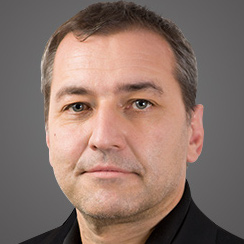Automation pervades manifold workplaces taking up an increasing part of human tasks and transforming work dramatically. It emerges in different appearances (e.g., from scripted tasks over digital agents to physical robots) with various scopes (e.g., office, production, maintenance).
This online workshop focuses on skilled workers and professionals who increasingly encounter new forms of automation in specialized and demanding workplace environments. Taking a human-centered perspective, opportunities and challenges for establishing effective forms of collaboration and for building up meaningful relationships with automated systems are explored.
In line with this overall goal, the workshop will pursue the following sub-goals:
- Knowledge sharing about user experience and human-centered design of automation inspecific workplace contexts.
- Understanding users' needs in collaboration with automation in different work contexts and roles.
- Reflecting on major challenges of designing interactions and collaborations with (semi-)automated systems at different workplaces and discuss ways to address them.
- Exchanging ideas to enable knowledge transfer regarding design strategies for automation at workplaces.
- Identify promising future research topics in the field of automation experience at workplaces in the form of project ideas and a research agenda.
- Forming a network of work-automation-experience researchers.
 Automation Experience at the Workplace – Playing the 80's Record?
Automation Experience at the Workplace – Playing the 80's Record?

















